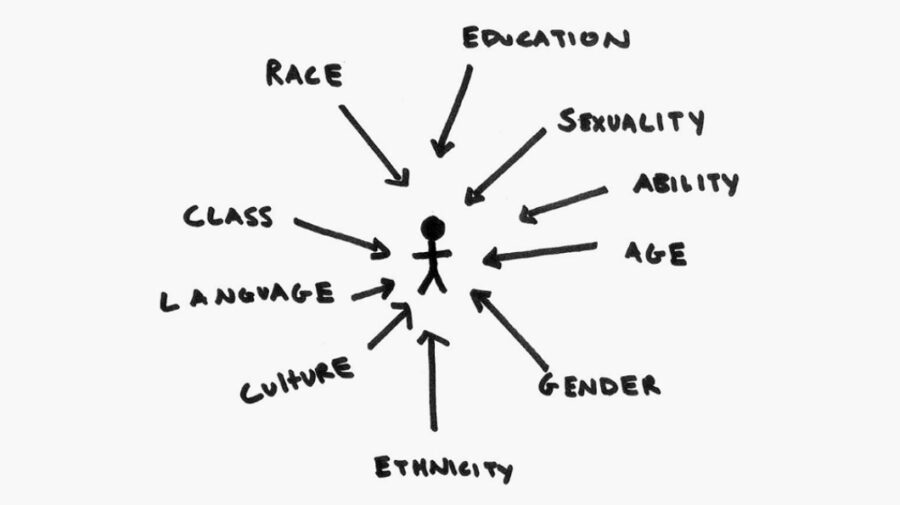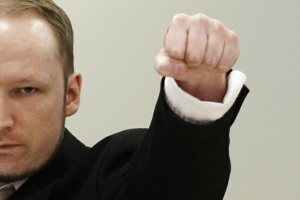Picture Cassandra: a black woman of low income working three jobs to make ends meet. Her supervisor has a negative disposition toward black women of a lower financial caste, believing them lazy and entitled—“welfare Queens,” if you will—with poor attitudes. In accordance with this disposition, he assigns her more work than other associates to supposedly build her character and discipline her poor attitude.
Obviously this should be illegal. However, presently, our legal system has no intersectional lens, no way of dealing with this discrimination case. Truly, it does not have the adequate lens to handle lawsuits for any intersectional case such as this. Surely she could file a discrimination case on account of her blackness, but her supervisor evidently treats black men very well and even befriends them outside of the workplace. Or potentially she could file on account of her womanhood. But her supervisor treats white women with the utmost respect and even black women of higher financial status just as well. So where does this leave Cassandra in our legal system? Stuck in exploitation.
Intersectionality is a branch of critical race theory (an offshoot of critical legal theory), which aims to reconcile the differing particular oppressive forces that come from different angles into one coherent narrative, like the one we saw above.
Christian legal scholars and Christian voters alike have an obligation to prevent discrimination on all levels. Per this obligation, we ought to seek unity in the face of these diverse attacks and aggressions. We ought to seek justice on all accounts and for all injustices, and we need an intersectional lens in our legal system to accomplish this.





Leave a Reply
Your email is safe with us.